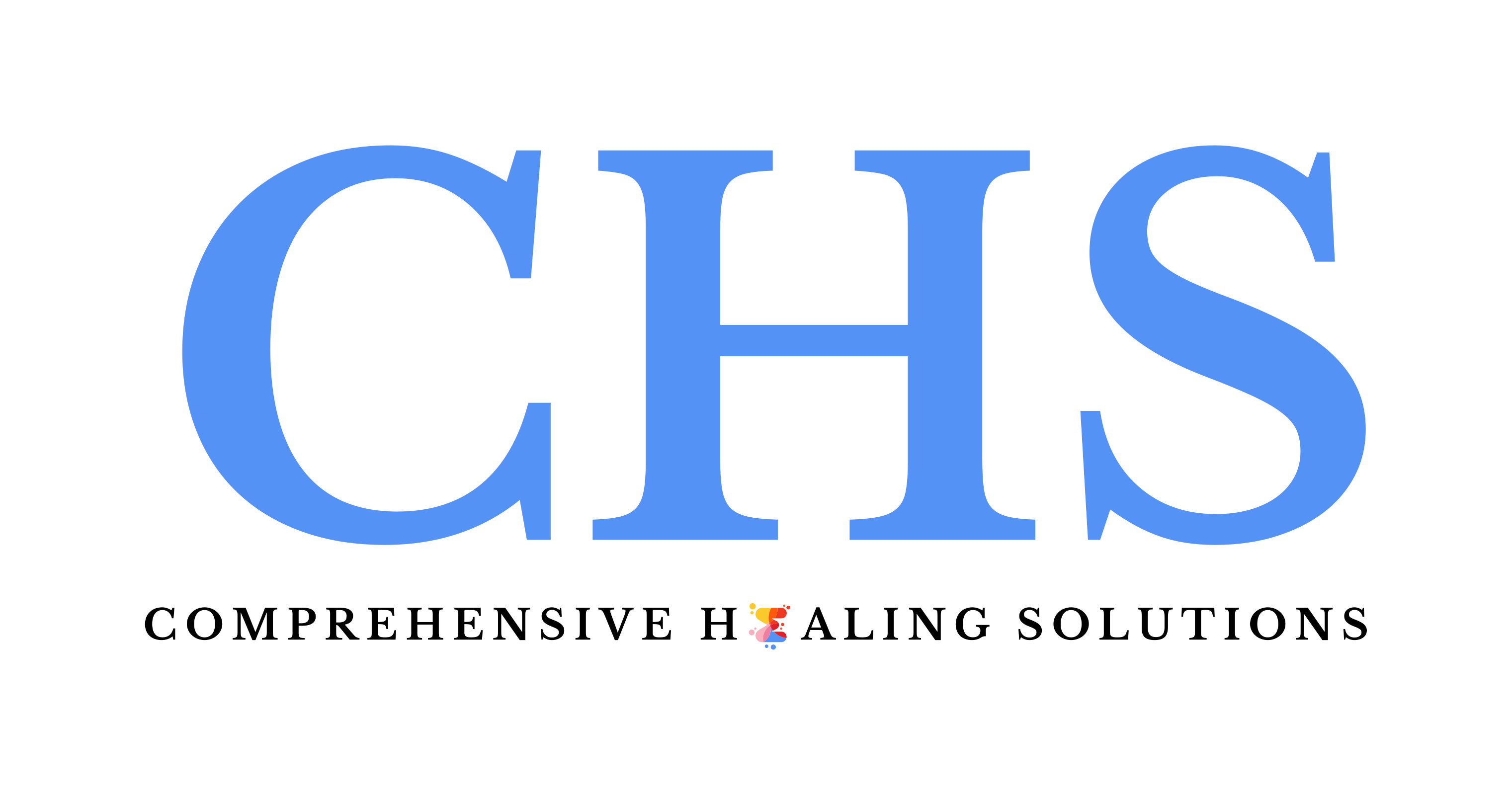
Trauma-Focused Cognitive Behavioral Therapy (TF-CBT)
Trauma-Focused Cognitive Behavioral Therapy (TF-CBT) is an evidence-based therapeutic approach designed to help children, adolescents, and their families cope with the negative effects of traumatic experiences. Through structured interventions, TF-CBT addresses trauma-related symptoms by integrating cognitive-behavioral techniques with trauma-sensitive principles.
Trauma-Focused Cognitive Behavioral Therapy (TF-CBT) is a specialized form of cognitive behavioral therapy (CBT) developed specifically to address the complex emotional and psychological needs of children and adolescents who have experienced trauma. Whether stemming from abuse, neglect, domestic violence, natural disasters, or the loss of a loved one, trauma can have profound and long-lasting effects on a young person's mental and emotional health. TF-CBT has emerged as one of the most effective therapeutic models for reducing trauma-related symptoms and helping children and their families recover from traumatic experiences.
Developed by Drs. Judith Cohen, Anthony Mannarino, and Esther Deblinger, TF-CBT is an evidence-based treatment model that integrates traditional cognitive-behavioral techniques with trauma-sensitive interventions. It has been extensively researched and shown to be effective in reducing symptoms of post-traumatic stress disorder (PTSD), anxiety, depression, and behavioral problems in children who have experienced trauma. The therapeutic process is structured, yet flexible, allowing it to be adapted to the unique needs of each child and their family.
TF-CBT is not only focused on helping children process and cope with their traumatic experiences but also emphasizes the importance of family involvement. Caregivers are an integral part of the therapy, providing emotional support, learning coping strategies, and helping to create a safe, stable environment for the child.
Key Components of Trauma-Focused Cognitive Behavioral Therapy
TF-CBT consists of several core components that work together to address the various aspects of trauma recovery. These components are typically delivered in a phased approach, progressing from skill-building and psychoeducation to trauma processing and family involvement.
- Psychoeducation:
One of the first steps in TF-CBT is educating both the child and their caregivers about the nature of trauma, its effects on the brain and behavior, and the common emotional and psychological responses to traumatic events. Psychoeducation helps demystify the symptoms of trauma, reducing feelings of fear, confusion, and isolation. It also empowers caregivers to better understand what their child is going through and how they can provide support. - Parenting Skills:
TF-CBT recognizes that caregivers play a crucial role in a child’s recovery from trauma. Therefore, the model includes a component focused on enhancing caregivers’ parenting skills. Therapists work with caregivers to help them understand trauma's impact on their child’s behavior and teach strategies for providing consistent, nurturing support. Caregivers learn how to manage behavioral issues, communicate effectively with their child, and create a stable, supportive environment at home. - Relaxation and Stress Management:
Children who have experienced trauma often struggle with intense feelings of fear, anxiety, and hyperarousal. TF-CBT includes relaxation and stress management techniques to help children regulate their emotions and reduce the physical symptoms of stress. Techniques such as deep breathing, progressive muscle relaxation, and mindfulness are introduced to help children manage overwhelming feelings and regain a sense of control over their bodies. - Affective Expression and Modulation:
Trauma can cause children to experience intense emotions such as anger, sadness, or fear, which they may have difficulty expressing or managing. TF-CBT teaches children how to identify and express their emotions in healthy, appropriate ways. Therapists work with children to help them understand their feelings, develop emotional awareness, and learn strategies for modulating their emotional responses. - Cognitive Coping and Processing:
A key component of TF-CBT is helping children recognize and challenge unhelpful or distorted thoughts related to their trauma. Children who have experienced trauma often develop negative beliefs about themselves, such as "It was my fault," or "I am not safe." Cognitive coping techniques help children identify these maladaptive thoughts and replace them with more balanced, realistic perspectives. By reframing their thoughts, children can reduce the emotional distress associated with their traumatic experiences. - Trauma Narrative:
One of the most important and challenging components of TF-CBT is the creation of a trauma narrative. This involves helping the child gradually confront and process their traumatic memories in a safe, supportive environment. The trauma narrative allows the child to make sense of their experience, reduce the power of distressing memories, and gain mastery over their trauma. The process is done at the child’s own pace, with the therapist providing guidance and support throughout. Once the child has created their trauma narrative, they share it with their caregiver, fostering understanding and emotional connection. - In Vivo Exposure:
In some cases, children may develop fears or avoidant behaviors related to the trauma. For example, a child who has experienced domestic violence may be afraid to enter certain rooms in the house where the violence occurred. In vivo exposure is a gradual process in which the therapist helps the child confront and overcome these fears by exposing them to the feared situations in a safe, controlled manner. Over time, the child learns that these situations are no longer dangerous, and their fear diminishes. - Conjoint Parent-Child Sessions:
TF-CBT places a strong emphasis on the involvement of caregivers in the therapeutic process. Conjoint parent-child sessions provide an opportunity for the child to share their trauma narrative with their caregiver, fostering open communication, emotional support, and healing. These sessions also allow caregivers to express their feelings, ask questions, and learn how to best support their child in the recovery process. - Enhancing Future Safety and Development:
The final phase of TF-CBT focuses on helping the child and their family develop skills and strategies to ensure future safety and well-being. This includes creating safety plans, teaching problem-solving skills, and identifying ways to prevent future trauma. The therapist also works with the child and caregiver to reinforce the progress made during therapy and ensure that the child feels empowered and resilient moving forward.
The Role of the Caregiver in TF-CBT
Caregivers are a vital part of the TF-CBT process, as their involvement can significantly impact the child’s recovery. By actively participating in therapy, caregivers provide emotional support, learn how to respond to their child’s trauma-related behaviors, and help reinforce the skills learned in therapy at home. TF-CBT provides caregivers with the tools to understand their child’s trauma, communicate more effectively, and create a safe, nurturing environment.
In addition to helping the child, TF-CBT also addresses the caregiver’s own emotional responses to the trauma. Caregivers may experience feelings of guilt, anger, or sadness related to their child’s trauma, and they may need support in processing their own emotions. TF-CBT offers caregivers a space to express their feelings, ask questions, and receive guidance on how to manage their own emotional responses.
Effectiveness of Trauma-Focused Cognitive Behavioral Therapy
TF-CBT has been extensively studied and is widely regarded as one of the most effective treatments for childhood trauma. Numerous clinical trials have demonstrated its efficacy in reducing symptoms of PTSD, depression, anxiety, and behavioral problems in children who have experienced trauma. Research has also shown that TF-CBT is effective across a range of traumatic experiences, including physical and sexual abuse, domestic violence, natural disasters, and grief.
One of the key strengths of TF-CBT is its ability to produce long-lasting results. Children who complete TF-CBT not only experience significant reductions in trauma-related symptoms but also show improvements in emotional regulation, self-esteem, and overall functioning. Caregivers who participate in TF-CBT also report improvements in their ability to support their child, communicate effectively, and manage their own emotional responses.
Cultural Considerations in TF-CBT
TF-CBT is a flexible, adaptable treatment model that can be tailored to meet the cultural and developmental needs of each child and family. Therapists are encouraged to consider the cultural background, values, and beliefs of the child and family when delivering TF-CBT. This may involve incorporating culturally appropriate language, metaphors, or examples during therapy, as well as addressing any cultural-specific issues related to trauma or mental health.
For example, in some cultures, discussing trauma openly may be seen as taboo or inappropriate. In such cases, the therapist may need to take a more gradual approach to introducing the trauma narrative or use alternative methods of processing the trauma, such as art or play therapy. By being mindful of cultural differences, therapists can create a more inclusive and supportive therapeutic environment.
Conclusion: The Power of TF-CBT in Healing Trauma
Trauma-Focused Cognitive Behavioral Therapy is a powerful and effective treatment for children and adolescents who have experienced trauma. By combining cognitive-behavioral techniques with trauma-sensitive interventions, TF-CBT helps children process their traumatic experiences, reduce symptoms of PTSD and anxiety, and build resilience for the future. The involvement of caregivers is a critical component of the therapy, ensuring that children receive the emotional support they need to heal and thrive.
Through its structured yet flexible approach, TF-CBT offers children and their families the tools to recover from trauma and regain a sense of safety, empowerment, and hope. As an evidence-based, culturally sensitive treatment model, TF-CBT continues to be a cornerstone of trauma recovery for children and adolescents around the world.



